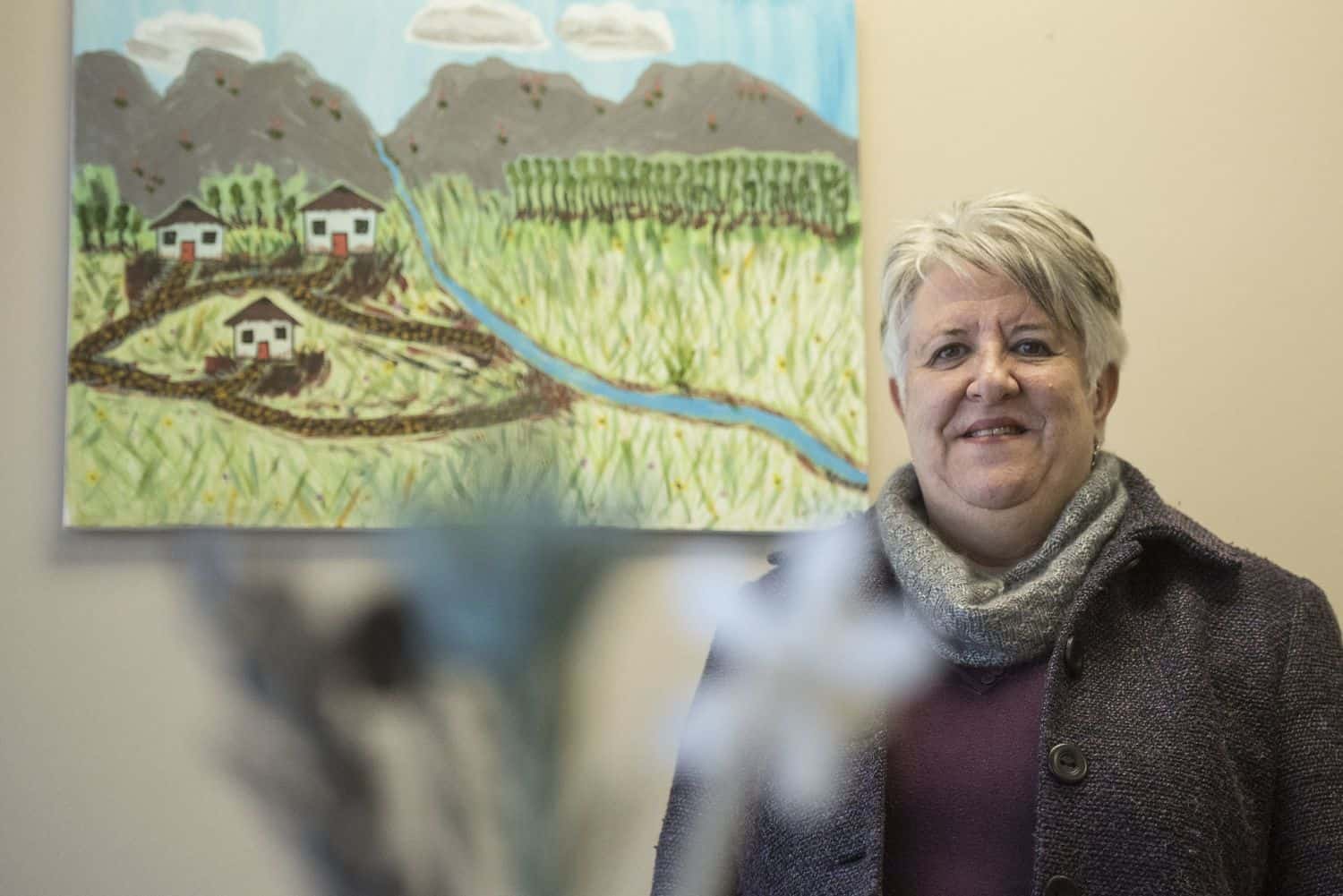Drotskie firmly believes that in the current complex economic landscape, an MBA qualification is most relevant.

Prof Adri Drotskie, acting dean and academic director of the Johannesburg Business School (JBS) at the University of Johannesburg (UJ), disproves the old adage that “those who can, do; those who can’t, teach…”
Before moving to academia, she had a successful career with some of the biggest brands in South Africa, something she says helps her “bring business into the classroom”.
The classroom and education have always been her passion. Drotskie’s career started in education as she studied through an education bursary.
Her bachelor’s degree was in investment management, so finance was a big interest of hers. She then accepted a position in Transnet’s finance department, where she was exposed to marketing, and she decided to do an honours degree. She ended up in the strategy department, “where I found my niche and passion”.
Addicted to lifelong learning, Drotskie subsequently obtained an MCom in Business Management and an MPhil in Future Studies.
From Transnet, she moved to Absa, where she continued working in strategy and later served as general manager in strategic marketing.
“However, I always wanted to go back to education and started lecturing on the MCom programme at UJ. I completed my PhD and moved to UJ permanently.
“I was offered the position of MBA director at Henley Business School, where I served for five years, after which UJ lured me back, where I have been the past five years, initially as director of the School of Management and currently as academic director of JBS.
“Whereas most people start in academia and then enter the corporate world, I did it the other way round. I see it as a big benefit in the fields I specialise in, to bring business into the classroom.
“I also believe that you take on opportunities that come your way and experiment as best you can with new opportunities along the way.”
ALSO READ: Consumer Commission warns South Africans after revealing rogue companies
Positioning JBS among the best
She realises that taking UJ into the upper ranks of successful business schools is a daunting task, given the track record of more established business schools in the country. But she firmly believes the direction in which the seven-year-old JBS is heading will set it apart.
Business schools are mainly ranked based on their accreditation status, and JBS is now applying for its first accreditations, she said.
“You need to go through a cycle of offering programmes and achievements before you can apply for accreditations.
“Our MBA specialises in digital transformation, and this very important driver or disruptor is entrenched in all the curricula of the modules.
“Business leaders need to be equipped with an innovative and global mindset, utilising future technologies and digital transformation for societal impact.
“We are also the only school that offers a fully online MBA.”
JBS also has students from the public sector and entrepreneurs with their own businesses on the programme.
“We work with adult education and with people who are already in a workspace. We need to equip them with skills to grow in their businesses.”
Embracing AI and preparing for the future
She considers artificial intelligence (AI), or any of the future technologies, useful enablers, and therefore, business schools need to utilise AI in the way they teach and deliver programmes, as well as show its impact on all spheres of business, as we do at JBS through digital transformation.
“We should rather work with AI than against it. Students all use AI to do their assignments. We need to work with them to show them what AI’s contribution can be to their own thinking and learning.”
This, and many other topical issues, were discussed at the recent AMBA/BGA Conference for Deans and Directors of Business Schools in Germany, attended by 430 people from 58 countries.
“Most of the presentations and discussions were about the challenges that business schools have to deal with in 2025 and beyond.
“Main trends were the global geopolitical situation – mainly the changes in the US and their impact on higher education and the UK’s challenges post-Brexit; the economic uncertainty; the role of AI in teaching and assessments; changing the way we teach to Gen Z in future; jobs of the future and what to teach leaders of the future.”
Drotskie firmly believes that in the current complex economic landscape, an MBA qualification is most relevant.
“Given the complexity of the current worldwide economic landscape, it offers people working in the economy the competencies of critical thinking, problem-solving and design thinking.
“An MBA provides a leader or manager with a broad range of skills and knowledge across all the dimensions of business. It also gives them a world view as the focus is international or global.”
“Financial uncertainty is a global challenge that business schools currently face. A few years ago, companies paid for MBA studies, sponsoring students, but that is no longer the case. Universities now need to find bursaries and grants to assist students financially,” Drotskie said.
NOW READ: South Africans are living longer and need to plan for longer retirement – here’s how






